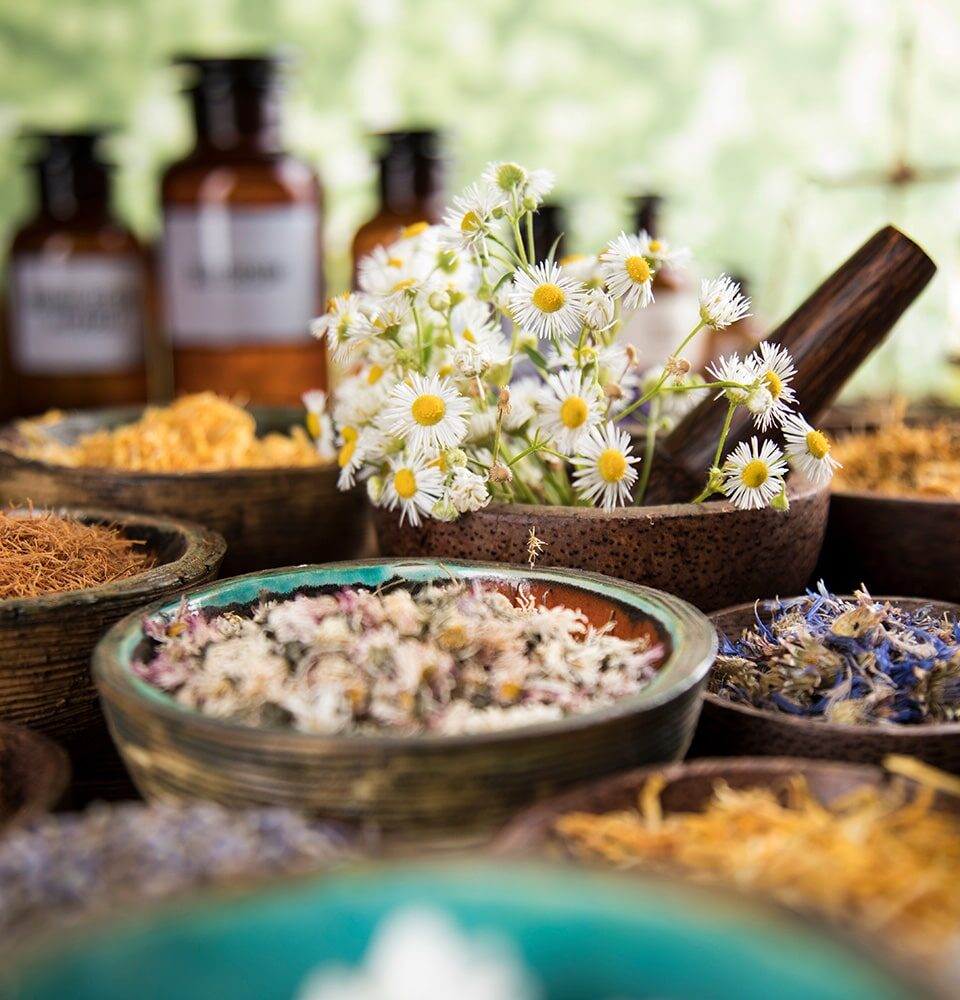How Herbal Medicine Can Successfully Impact Mental Health Disorders
Mental health disorders have become increasingly prevalent in our society, affecting millions of people worldwide. While traditional treatment options like therapy and medication are widely used, there is a growing interest in alternative approaches, such as herbal medicine. In this blog post, we will explore the potential impact of herbal medicine on mental health disorders and discuss its benefits, safety considerations, and integration into holistic treatment plans.
Understanding Mental Health Disorders
Mental health disorders encompass a wide range of conditions, including anxiety, depression, bipolar disorder, and schizophrenia. These disorders can significantly impact a person’s daily life, relationships, and overall well-being. While traditional treatment options like therapy and medication are essential, they may not work for everyone or may come with undesirable side effects.
The Concept of Herbal Medicine
Herbal medicine, also known as herbalism or botanical medicine, has been practiced for centuries in different cultures around the world. It involves the use of plants and plant extracts to promote healing and restore balance to the body. Many of these herbs have therapeutic properties that can positively impact the mind and body, making them potential candidates for mental health disorders.
Herbal Medicine and Mental Health Disorders
Scientific studies and research have shown promising results regarding the effectiveness of herbal medicine in treating mental health disorders. For example, St. John’s Wort has been widely studied for its potential use in depression treatment. Some studies have shown it to be as effective as certain antidepressant medications, with fewer side effects. Kava, another herb, has demonstrated anxiolytic properties, helping to reduce symptoms of anxiety. These findings suggest that herbal medicine could play a significant role in managing mental health disorders.
Another specific area of interest is the use of CBD, or cannabidiol, which is a compound derived from the cannabis plant. The benefits of CBD without the psychoactive effects of THC (tetrahydrocannabinol) are now widely known. Research has shown promising results regarding the benefits of CBD in managing various psychiatric conditions, including depression, anxiety, post-traumatic stress disorder (PTSD), and Alzheimer’s disease. Studies have highlighted CBD’s antipsychotic properties and its ability to counteract psychotic symptoms. Additionally, CBD has been found to improve symptoms related to mood disorders. It shows promise in reducing anxiety, promoting better sleep, and potentially addressing problematic cannabis use.
Common Herbal Remedies for Mental Health Disorders
Several herbs are commonly used in herbal medicine for mental health disorders. Here are a few examples:
- Ashwagandha: This adaptogenic herb has been used in traditional Ayurvedic medicine to reduce stress and anxiety.
- Lavender: Known for its calming properties, lavender can help alleviate symptoms of anxiety and promote better sleep.
- Chamomile: Often consumed as a tea, chamomile has soothing effects and can help with anxiety and insomnia.
- Passionflower: This herb has been found to have sedative effects, making it useful in reducing anxiety and promoting relaxation.
It’s important to note that herbal remedies should be used under the guidance of a healthcare professional, as they may interact with medications or have individual contraindications.
Safety and Regulation of Herbal Medicine
While herbal medicine can offer potential benefits for mental health disorders, it is crucial to consider safety and regulation. Unlike pharmaceutical medications, herbal products are not subject to the same rigorous testing and regulation. This lack of oversight can lead to variations in quality and potency across different brands and products.
Before incorporating herbal medicine into a treatment plan, consulting with a healthcare professional familiar with herbal remedies is essential. They can provide guidance on dosage, potential interactions, and monitor your progress.
Integrating Herbal Medicine into Mental Health Treatment
As more people seek alternative approaches to mental health treatment, there is a growing interest in integrating herbal medicine into holistic treatment plans. By combining conventional therapies with herbal remedies, healthcare providers can offer a more personalized and comprehensive approach to managing mental health disorders.
However, it is important to recognize that herbal medicine is not a replacement for traditional treatment options. It should be used as part of a broader treatment plan, and healthcare professionals should be involved in monitoring the progress and adjusting the approach accordingly.
Personal Testimonials and Experiences
Many individuals have reported positive experiences with herbal medicine for mental health disorders. These personal testimonials can provide valuable insights into the potential benefits of herbal remedies. However, it is crucial to balance these anecdotes with scientific evidence and consult with healthcare professionals before making any changes to treatment plans.
Herbal medicine holds promise as a complementary approach to treating mental health disorders. While scientific research supports its potential effectiveness, it is essential to approach herbal remedies with caution and seek guidance from healthcare professionals. Integrating herbal medicine into holistic treatment plans can provide individuals with a personalized approach that addresses their unique needs. As our understanding of mental health continues to evolve, exploring alternative treatment options like herbal medicine can open new doors for improved well-being and quality of life.








